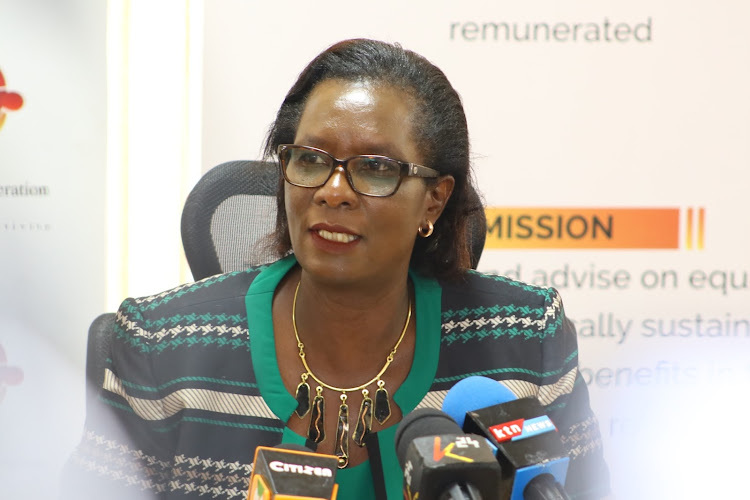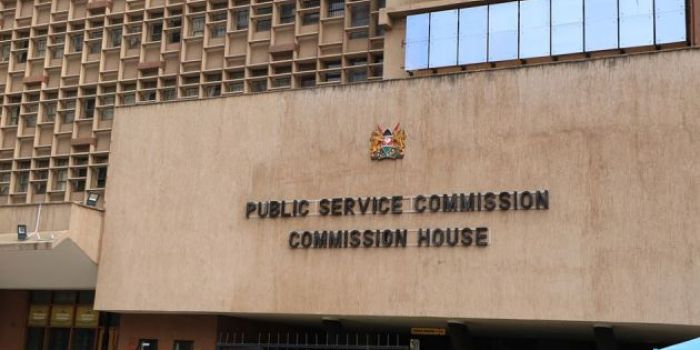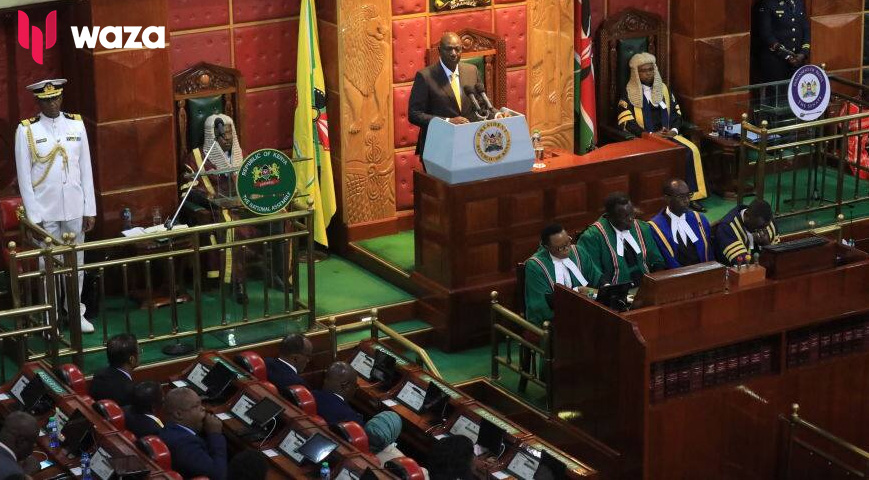A bill currently before Parliament would allow the Judiciary and Parliament to set their daily subsistence allowances, potentially increasing the national wage bill as MPs and senior judiciary members seek to benefit more from their travels.
The Salaries and Remuneration Commission and the Controller of Budget have been at odds with the JSC over calculating the Judiciary's facilitative allowances.
The Statute Law (Miscellaneous Amendments) Bills 67 and 68 seek to amend the Parliamentary Service Act and the Judicial Service Act, respectively, to allow the commissions to determine daily subsistence allowances for their respective employees, including state officers.

The wage bill in the Judiciary has been increasing since 2017, when it was Ksh.7.2 billion. The current fiscal year is expected to reach Ksh.11.7 billion. The JSC began implementing a self-determined DSA rate in 2019, according to the SRC. They have since been at odds with the budget controller because the rate is higher than what SRC allows.
Did you read this?
The chief justice should receive Ksh.22,000 in local daily subsistence allowance, according to the SRC. The CJ currently receives Ksh.30,000 as allocated by the JSC, a Ksh.8,000 difference. Other senior judicial officers receive DSA between Ksh.3,000 and Ksh.7,000, higher than SRC.
In international travel, a Judiciary state officer receives a per diem of $1,078 US dollars instead of SRC's rate of $772 dollars. Parliament had been providing a comparable higher rate until August of last year when the PSC followed the SRC's directive.

MPs hope to give the Parliamentary Service Commission (PSC) the mandate to determine their periderms by amending the bill in the National Assembly. The PSC rate for Canada was set at USD 1,053.
As a result, the cost of per diems at the Judiciary has been rising for the last six years. From a low of 6% in 2017/2018 to a projected high of 24% of the judicial wage bill.
As a result, the wage bill in the Judiciary is now 62% of its revenues, while in Parliament it is 55%. If Parliament amends the Parliamentary Service Act, the PSC can set its mileage claims rates.
SRC allows MPs to claim Ksh.152.6 per kilometer traveled to and from the constituency office. Every five years, it currently costs 25.3 billion shillings. As the PSC recommends, it is expected to rise by Ksh.14.5 billion if Parliament raises the rate to Ksh.210 per kilometer.
The additional DSA of Ksh.14.5 billion provided by Parliament and the Judiciary is enough to employ over 17,000 teachers by the Teachers Service Commission at the entry-level. According to SRC, the same amount would be sufficient to employ 8,494 health workers.
It could also employ 11,480 teachers and health workers at the national and county levels. The SRC has objected to the amendments, claiming they are unconstitutional because they seek to remove functions reserved for the SRC and the SRC alone.









